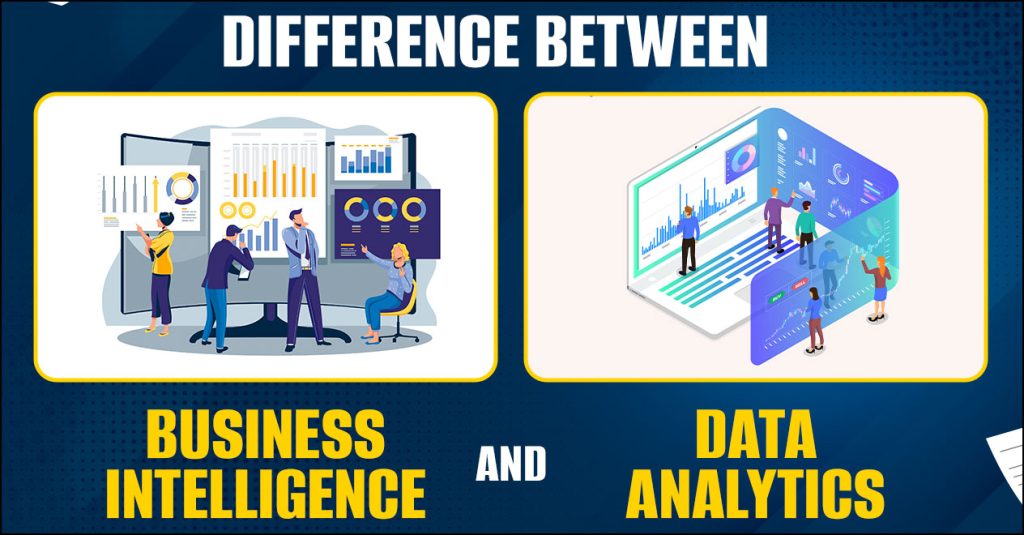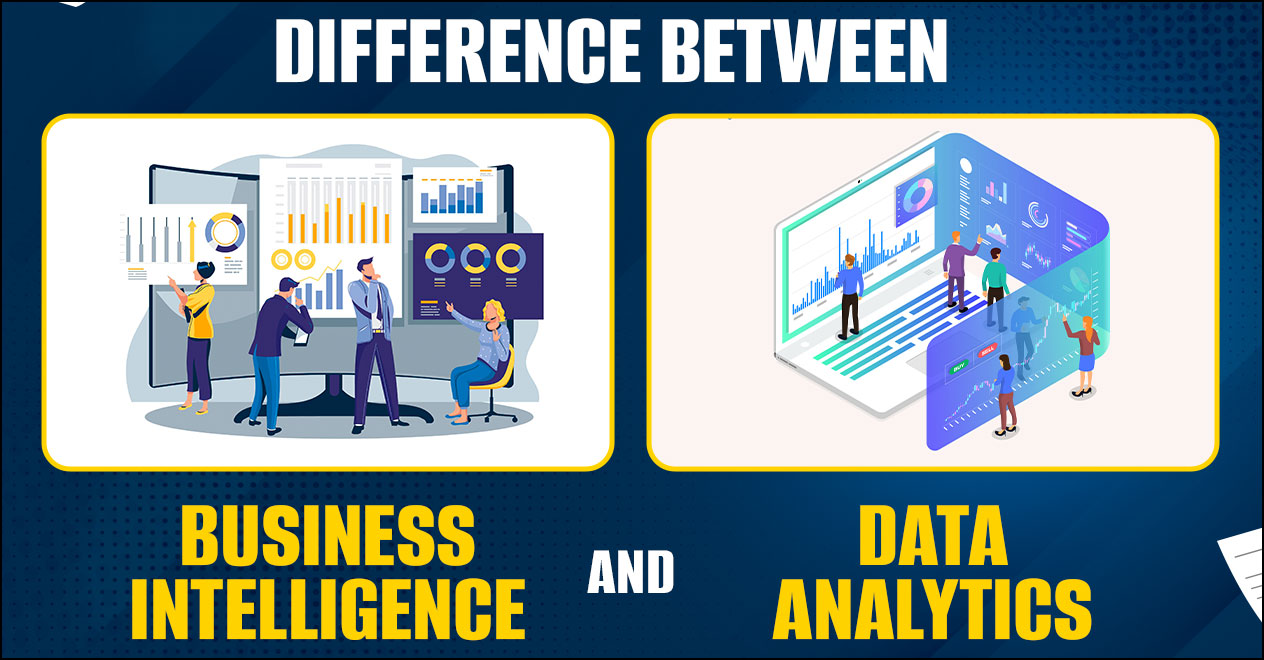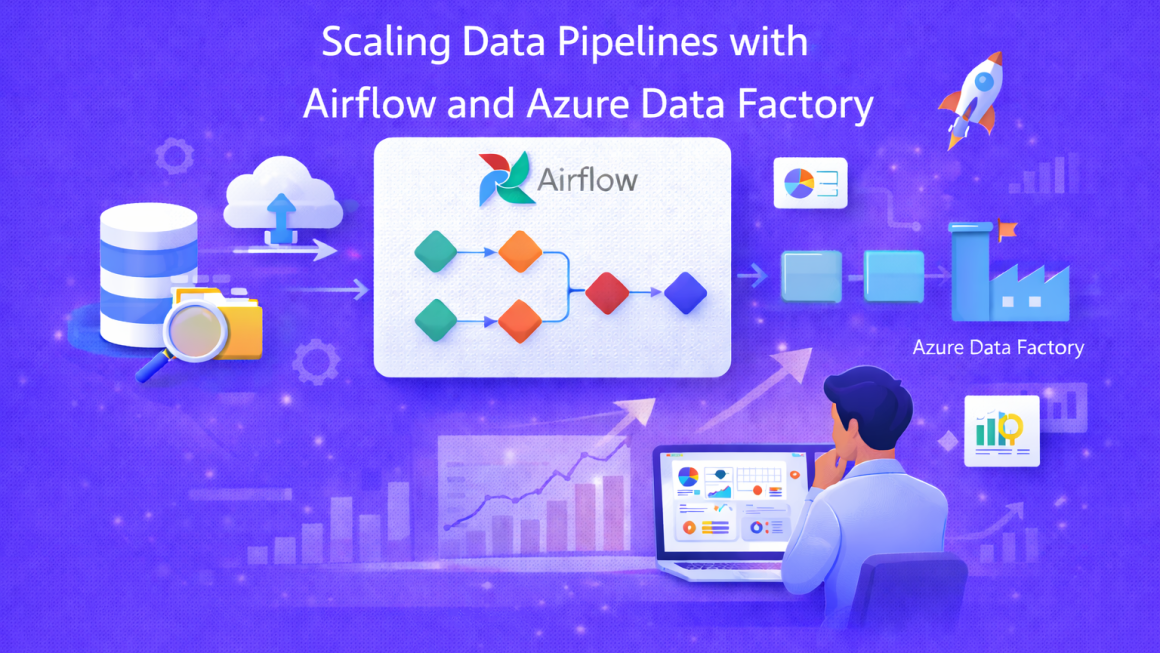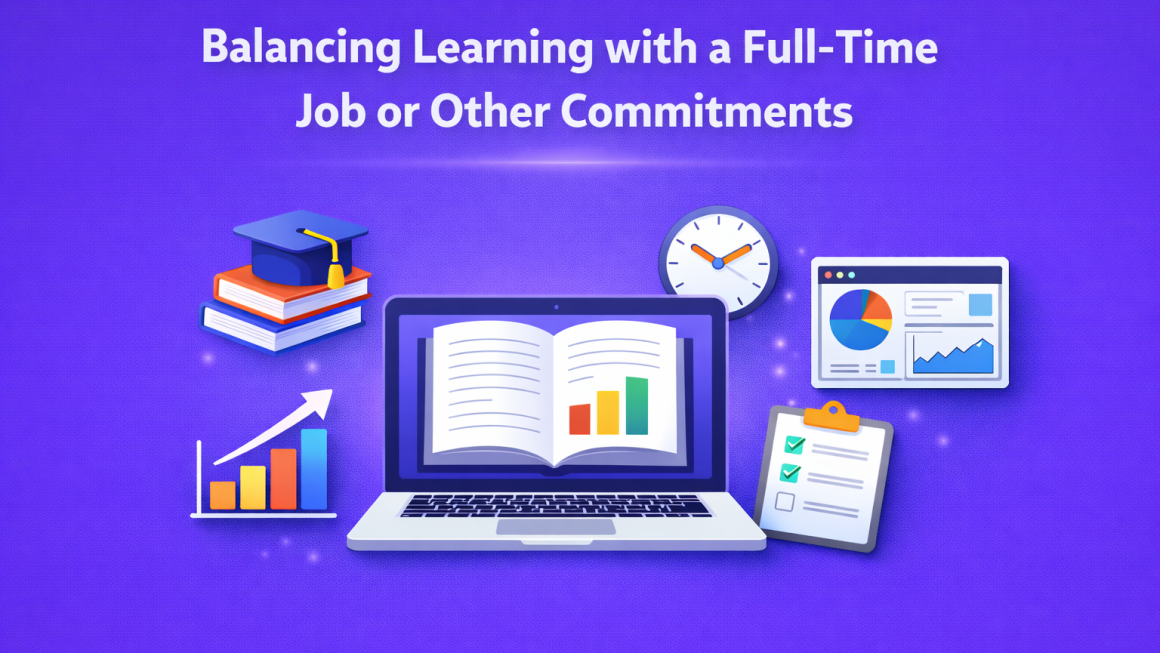In today’s job market, two terms are often heard—business intelligence vs business skills. If you’re preparing for a career in data analysis, business analysis, or any tech-related field, you may have seen both terms used in job descriptions, course materials, or interview questions.
But what do they actually mean? Are they the same? If not, what is the real difference between them?
Let’s understand the meaning, purpose, and importance of each in a simple and relatable way.

What is Business Intelligence?
Business Intelligence (BI) is all about using data to help a business make better decisions. It includes tools, systems, and techniques that collect, clean, analyze, and visualize business data.
When a company wants to know how many customers bought a product last month, or why sales dropped in a particular region, business intelligence provides the answer. It helps turn raw data into useful insights.
Think of BI as the brain of the business that reads data, identifies problems, and shows where opportunities lie.
What does Business Intelligence include?
- Dashboards and reports using tools like Power BI, Tableau, Excel
- Writing SQL queries to pull data from databases
- Using tools like Python or R for deeper analysis
- Understanding KPIs (Key Performance Indicators)
- Creating charts and graphs that help non-technical people understand numbers
In short, business intelligence is data in action.
What are Business Skills?
On the other hand, business skills are the soft and practical skills that help you function well in a business environment. They are not just about tools. These skills define how you communicate, manage time, solve problems, work with teams, and understand company goals.
Business skills help you think like a professional. You may be good with Python or Excel, but without business skills, it’s hard to grow, present your work, or lead a project.
What do Business Skills include?
- Communication skills (speaking, writing, listening)
- Problem-solving and decision-making
- Time management and organization
- Teamwork and collaboration
- Leadership and responsibility
- Understanding business goals and customer needs
These skills are often called soft skills, but they have a hard impact on your career growth.
Key Differences Between Business Intelligence and Business Skills
| Aspect | Business Intelligence | Business Skills |
| Focus | Data, tools, reports, dashboards | People, communication, behavior, strategy |
| Goal | Help companies make data-driven decisions | Help individuals perform better in business settings |
| Tools Used | Power BI, SQL, Excel, Python | No tools required, mostly mindset and practice |
| Used By | Data analysts, BI developers, business managers | Everyone working in a business |
| Teaches You | How to analyze and present data | How to work smart, lead, and collaborate |
Both are important. One gives you the technical foundation (BI), and the other gives you the real-world business mindset (business skills).
Why You Need Both in 2025
In 2025, companies don’t want employees who know only tools. They want professionals who can:
- Understand the business
- Analyze the data
- Communicate the results
- Suggest actions
- Work well in teams
- Think critically and solve problems
If you know how to use Power BI or write a SQL query but can’t explain your results to your manager, it becomes a problem. On the other hand, if you are good at communication but don’t know how to get insights from data, that is also a problem.
So, the best combination? Strong business intelligence knowledge + sharp business skills.
Real-Life Example
Imagine you’re working for a retail company as a data analyst.
Your job is to analyze monthly sales. Using business intelligence, you create a dashboard showing that sales dropped 10 percent in Delhi last month. But your manager doesn’t just want to see numbers. They want to know why it happened and what can be done.
This is where business skills come in.
You speak to the marketing team, check if any campaigns were delayed, listen to the sales team about on-ground issues, and then present a short report suggesting two solutions.
That’s how a true professional works—with both data tools and business sense.
Final Thought:
At ConsoleFlare, we believe that tools alone are not enough. You need to learn how to use data in real business scenarios, how to speak confidently in interviews, how to present dashboards that solve problems, and how to think like a decision maker.
That’s why our programs cover not just SQL, Power BI, Excel, Python, Machine Learning, but also real-world projects, soft skill training, business use cases, and interview preparation.
Whether you are a beginner or switching careers, ConsoleFlare gives you the full package to succeed in today’s job market.
Because in 2025, it’s not about choosing between business intelligence or business skills. It’s about mastering both.
For more such content and regular updates, follow us on Facebook, Instagram, LinkedIn





